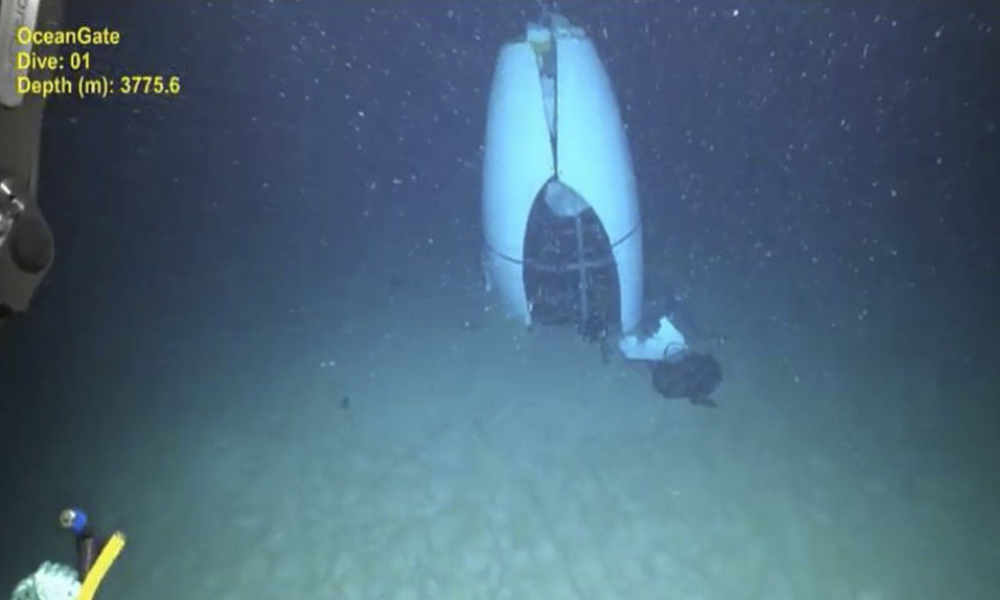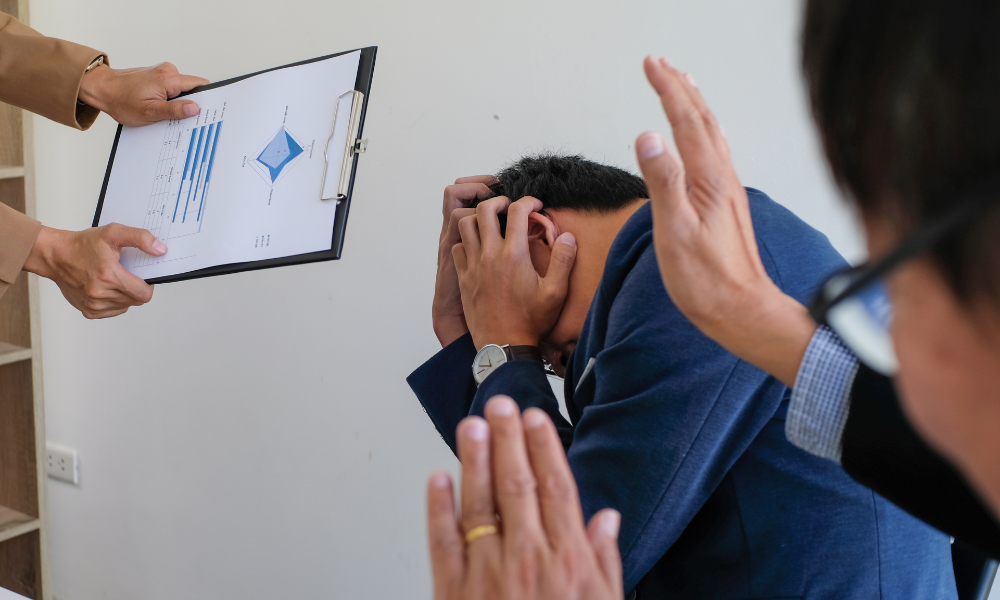What the tragedy teaches us about risk and exploring the unknown

In the wake of the Titan submersible tragedy, Ebeneezer March, national president of the Master Mariners of Canada, emphasizes one critical lesson: safety must be non-negotiable. As the U.S. Coast Guard hearings continue to unfold, March’s insights offer essential takeaways for safety professionals across industries, particularly in Canada’s maritime and exploration sectors.
“The idea of safety being a ‘moving target’—I think one guy referred to it as that—is alarming,” March says, highlighting a recurring theme in the hearings. He refers to the phrase used in testimony to describe OceanGate’s evolving safety protocols, suggesting that the company did not adhere to any fixed safety standards. “In my world, safety is not a moving target. It is the target.”
The hearings have revealed that OceanGate’s decision to bypass certification and independent reviews of the Titan has been a major point of concern. Former employees, like operations director David Lochridge, testified that the company prioritized making money over safety, rushing to deploy the submersible despite critical design flaws. National Transportation Safety Board (NTSB) engineer Don Kramer testified that the sub’s carbon fiber hull had flaws from the manufacturing process, including wrinkles and voids, which may have contributed to the implosion. This lack of oversight and adherence to established safety protocols has raised red flags throughout the investigation.
March acknowledges that profit is a driving force in the modern world but insists that it should never come at the expense of lives. "We live in a Western culture that’s all about making money," he notes. "But there should be a regulatory process, especially when you’re taking people down 3,000 feet under the sea." The submersible, designed with an experimental carbon fiber hull, had not been certified by any official body. To March, this is unacceptable in an industry where risk assessments and mitigation should be paramount.
“What really strikes me,” March continues, “is that they [OceanGate] didn't have a fixed safety standard. When you're putting people at that level of risk, you have to ensure safety comes first." March, having spent years working on ROV boats and ships, believes that private companies like OceanGate should adhere to the same rigorous safety standards that apply to other maritime industries, including thorough certification processes. "There are other ways to explore safely. You don't need to take a manned submarine down when we have ROVs that can do the job."
The testimony also revealed OceanGate’s resistance to outside scrutiny, with several witnesses indicating that safety concerns were downplayed. Lochridge described a company culture where leadership ignored warnings and made critical decisions without adequate safety assessments. Kramer’s findings on the flaws in the Titan’s hull further underscored the dangers of operating without certification and comprehensive testing.
Looking ahead, March is concerned that similar incidents could happen if regulatory bodies are not created or enforced for deep-sea exploration. “If no regulatory bodies exist, we need to wait until they are formed,” he insists. He calls for government and industry action to develop a framework that ensures the safety of submersibles and other vessels engaged in exploration.
For Canadian safety professionals, March’s message is clear: if the maritime and exploration sectors are to evolve, they must do so with safety at the forefront. "Exploration is vital, but not at the cost of lives. Whether it’s the sea, the air, or space, we need to strike a balance between innovation and safety."
Ultimately, the ongoing hearings are a stark reminder of the consequences of bypassing safety for the sake of progress. As March puts it, “If you don’t follow a regulatory process, if you don’t have the certification, you’re gambling with people’s lives.”
For the safety community, the Titan submersible disaster offers a sobering lesson in the importance of adhering to rigorous safety standards and ensuring that exploration doesn’t come at an unacceptable cost.





